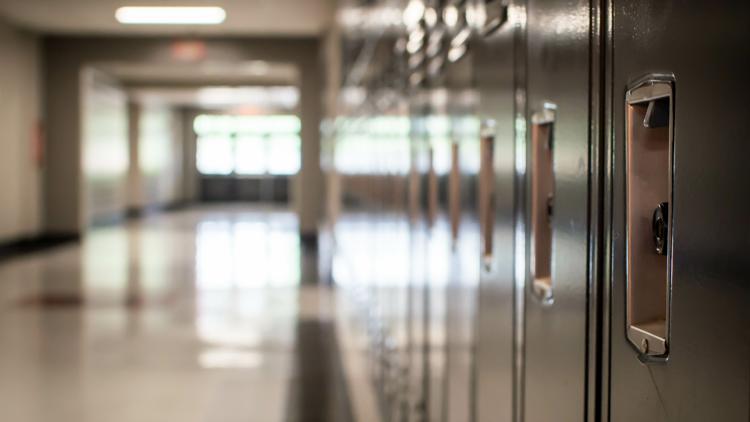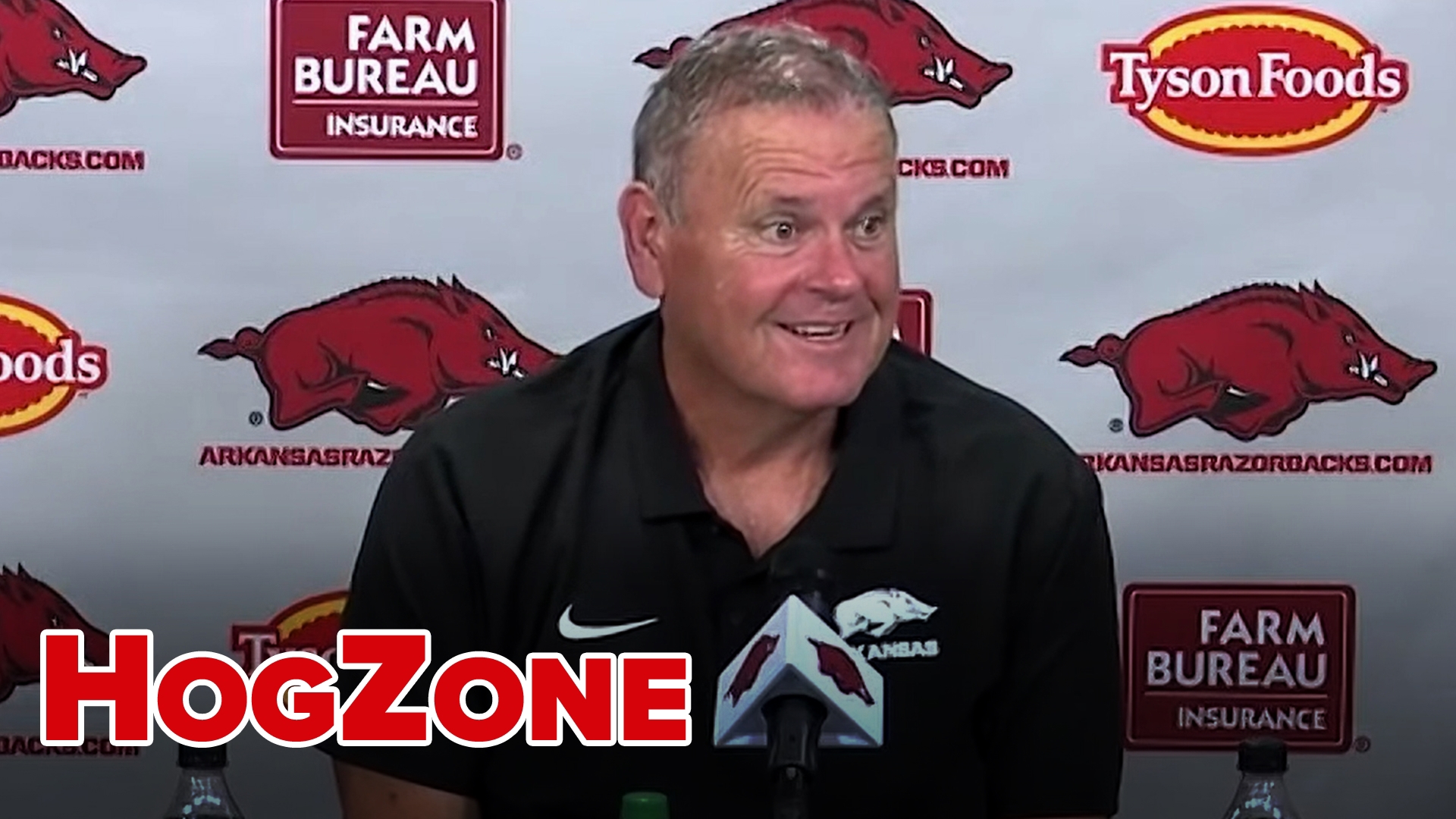LITTLE ROCK, Ark. — A new report from the Arkansas Department of Education is shedding light on the use of Education Freedom Accounts, or school choice vouchers, during their first active year.
Education Freedom Accounts (EFAs) were first introduced by the LEARNS Act put forth by Arkansas Governor Sarah Huckabee Sanders and went into effect for the 2023-24 school year.
The vouchers allow students and their families to fund their chosen education options and are disbursed quarterly, according to the report.
In its first year, the EFA program experienced a limited rollout and ultimately boasted 5,548 participants.
With each account valued at around $6,672, this means that the state spent around $34 million on EFAs for the 2023-24 school year. 93% of those funds went toward tuition payments, followed by 2.5% for school supplies, 2.4% for the state's payment processing platform ClassWallet, and the rest for uniforms.
By The Numbers
Students with disabilities, as identified under the Individuals with Disabilities Education Act (IDEA), represented the largest share of participating students, accounting for 57% of total participants.
Disabled students were one of a few groups that were eligible for Education Freedom Accounts in their inaugural year.
Other student groups eligible include first-time kindergartners, students coming from "F" schools or "Level 5" districts, students who participated in the Succeed Scholarship Program in the 2022-23 school year, students experiencing homelessness, current or former foster care children, and children of active-duty military.
The report said that around 18% of the students who submitted applications for the EFA program were enrolled in public school the previous year.
There were 6,595 applicants, with 5,700 being approved and 5,548 now considered active. The report said reasons for non-approval of submitted applications is not submitting required documents, no longer wishing to participate in the program, or failing to meet eligibility requirements.
Breakdown of active participants' eligibility:
- 1% of participants are homeless
- 1% are from an F rated school or Level 5 district
- 4% from active military family
- 7% in foster care
- 30% eligible for kindergarten
- 57% students with disabilities
There were 97 private schools participating in the program. The report said that, on average, a participating school had 39% of its enrolled students receiving EFA funds.
Looking Ahead
In a letter attached to the report, Secretary of Education Jacob Oliva addressed the Arkansas Legislative Council, the House Committee on Education, and the Senate Committee on Education, explaining that the program's efforts will continue.
"We look forward to continuing our efforts to support Arkansas families and students through this program," Oliva said. "The department is committed to the continued success of the Education Freedom Account program and looks forward to working with the council and committees to ensure its effectiveness and long-term sustainability."
Oliva oversees the Arkansas Department of Education, which houses the Division of Elementary and Secondary Education.
Within the division is the Office of School Choice and Parent Empowerment, which implements, administers, and monitors the EFAs.
There was a high retention rate reported for the program, with 90% of students renewing their EFA account for the 2024-25 school year.
For the 2024-25 year, there was a total number of 18,490 applications submitted, with 14,297 deemed active and 3,318 on the waiting list and 128 private schools participating.
The report said that despite the limited rollout for the first iteration of the program, 100% of students will be eligible for the 2025-26 school year.
Watch 5NEWS on YouTube.
Download the 5NEWS app on your smartphone:
Stream 5NEWS 24/7 on the 5+ app: How to watch the 5+ app on your streaming device
To report a typo or grammatical error, please email KFSMDigitalTeam@tegna.com and detail which story you're referring to.



